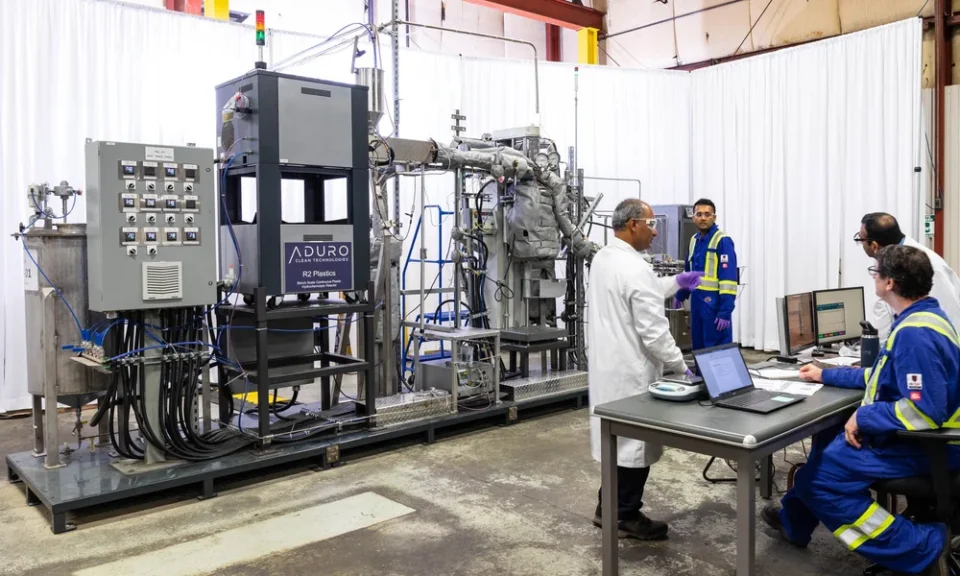In the world of scientific discovery and industrial research, precision and control are the cornerstones of innovation. Whether it is pharmaceuticals, chemicals, biotechnology, or advanced materials, laboratories rely on specialised equipment to conduct experiments that push the boundaries of knowledge. Among the most vital pieces of equipment is the laboratory reactor, a tool designed to simulate and optimise chemical processes on a manageable scale before scaling them up to industrial production.
What is a Laboratory Reactor?
A laboratory reactor serves as a carefully maintained space where chemical reactions happen under particular conditions like temperature, pressure, and stirring, ensuring everything runs smoothly and safely. It provides researchers with the flexibility to replicate industrial-scale processes in a smaller, more manageable setup.
Key features often include:
- Temperature control systems for precision heating or cooling.
- Pressure regulation to simulate a variety of reaction conditions.
- Agitation mechanisms for uniform mixing of reactants.
- Safety measures to handle exothermic or hazardous reactions safely.
These elements allow researchers to study reaction mechanisms, optimise parameters, and generate data essential for process scale-up.
The Importance of Laboratory Reactors in Research
Why is the laboratory reactor considered indispensable in scientific research?
- Process Development: Before launching large-scale production, companies must ensure processes are efficient and safe. Reactors provide the environment for such testing.
- Material Innovation: From new drug compounds to advanced polymers, reactors are key in developing novel materials.
- Cost Efficiency: Performing experiments in a smaller, controlled system reduces wastage of raw materials and resources.
- Safety Assurance: High-risk experiments can be conducted in secure setups without endangering personnel.
- Data Collection: Accurate, reproducible data helps in scaling up processes with confidence.
For industries that depend on rigorous experimentation, a laboratory reactor is not just equipment; it is the heart of innovation.
Applications Across Industries
The versatility of laboratory reactors makes them indispensable across many sectors:
- Pharmaceuticals: For drug discovery, testing formulations, and developing new therapeutic compounds.
- Chemical industry: Focused on synthesizing specialty chemicals and exploring how reactions occur, making complex processes easier to understand and work with.
- Biotechnology: For fermentation processes, enzyme reactions, and biopolymer production.
- Petrochemicals: For catalyst testing and fuel innovation.
- Academia: For training students and conducting cutting-edge research in chemistry and chemical engineering.
Each application demonstrates how reactors serve as a bridge between theory and practical implementation.
Different Types of Laboratory Reactors
Depending on the specific research need, reactors come in various designs and capacities:
- Stirred Tank Reactors: The most common type, offering excellent mixing and control.
- Batch Reactors: Ideal for small-scale reactions and experiments requiring complete control over parameters.
- Continuous Flow Reactors: Used for studying continuous processes and scaling them up for industrial use.
- High-Pressure Reactors: Designed for reactions requiring elevated pressures and temperatures.
- Specialised Bioreactors: Used in biotech labs for cultivating microorganisms or cells.
Choosing the appropriate laboratory reactor relies on the specific process, research goals, and scalability requirements.
Key Features Researchers Look For
Modern laboratory reactors are complex systems with advanced features:
- Automated control systems with digital interfaces.
- Data logging for precise monitoring of experiments.
- Scalable design to replicate industrial conditions accurately.
- Customisable configurations to suit diverse research requirements.
- Enhanced safety protocols for handling volatile or high-risk reactions.
These features enhance efficiency and help minimize human errors, resulting in more dependable results.
Trends in Laboratory Reactor Technology
As science evolves, so does reactor technology. Recent trends include:
- Integration with AI and IoT: Smart reactors now offer predictive analysis and remote monitoring.
- Green chemistry applications: Let’s all work together to focus on sustainability and find ways to reduce our environmental impact.
- Miniaturisation: Development of micro-reactors for high-throughput screening.
- Advanced materials: Use of corrosion-resistant alloys and glass for durability.
These innovations ensure the laboratory reactor remains relevant in meeting modern scientific challenges.
Challenges in Using Laboratory Reactors
Despite their benefits, reactors also present certain challenges:
- High costs: advanced systems may limit access for smaller labs.
- Maintenance requirements: demand skilled personnel and regular checks.
- The complexity: the operation can be a barrier for less experienced researchers.
- Scalability gaps: Not all laboratory findings translate seamlessly to industrial scale.
Tackling these challenges calls for careful planning, dedicated investment, and continuous training to ensure success.
Future Outlook for Laboratory Reactors
The role of the laboratory reactor will only expand as industries and academia continue to innovate. The future promises:
- Greater emphasis on automation and digitalisation.
- There is a wider adoption of eco-friendly practices in chemical research.
- Expansion into emerging fields like nanotechnology and renewable energy.
- Enhanced global collaboration supported by standardised reactor systems.
In short, reactors will continue to be the cornerstone of R&D, driving progress across many sectors.
The Hydrogenation reactors is far more than just a piece of equipment; it is a gateway to discovery, efficiency, and innovation. By offering controlled environments for experimentation, reactors empower researchers to explore new ideas, develop breakthrough materials, and scale up processes with confidence.
From pharmaceuticals to petrochemicals, and from biotechnology to education, the applications of these reactors are vast and growing. With evolving technology, smarter designs, and a focus on sustainability, the future of laboratory reactors is set to be even more impactful, ensuring that science continues to push boundaries and transform lives.

